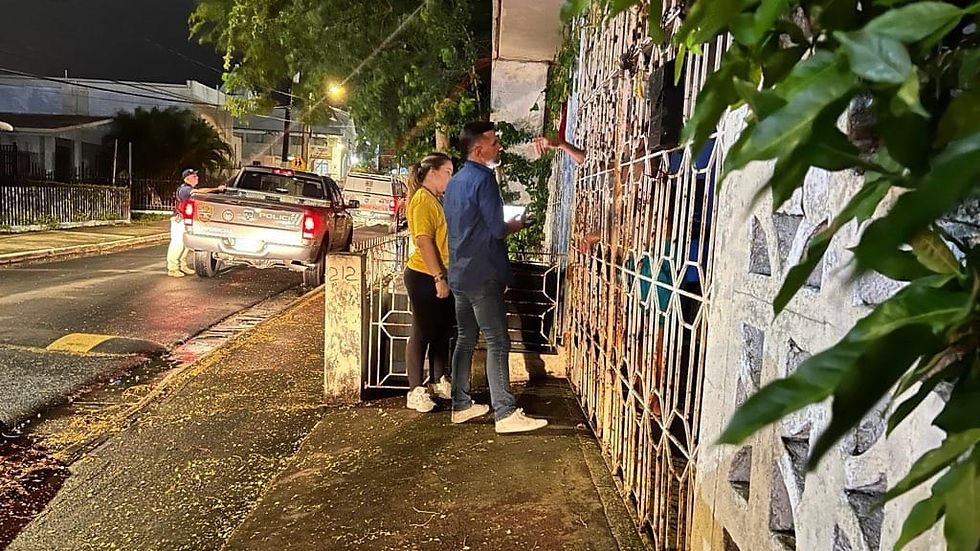DNER launches new Puerto Rican parrot project with RFPs
- The San Juan Daily Star

- Aug 26, 2024
- 2 min read

By The Star Staff
The Department of Natural and Environmental Resources (DNER), through its Bureau of Habitat and Biodiversity Conservation, announced on Sunday the opening of a new project for the conservation of the Puerto Rican parrot (Amazona vittata), an emblematic and endangered species.
The project is part of a federal grant entitled Monitoring, Movement, and Management of Puerto Rican Non-Game Species for Wildlife Restoration (W-50).
The DNER is requesting proposals for professional services for two key components of this project, which seek to improve both the genetic management of the parrot populations and their care and well-being in captivity.
The first component of the project focuses on improving the computer program “PopLink,” which is crucial for managing the genetic lineage of Puerto Rican parrots. The aim is to modify and modernize the PopLink software to improve its compatibility, optimize data storage and entry, and facilitate tracking of breeding efforts and sightings of wild parrots.
The second component focuses on veterinary care and the purchase of food for the parrots at the José Vivaldi Aviary in Arecibo. The hiring of certified veterinarians is required who can provide specialized care, including disease prevention, treatments and surgeries, as well as the purchase of supplies necessary to ensure the well-being of the birds in captivity.
DNER officials said the project is a fundamental step in the ongoing efforts to protect and restore Puerto Rican parrot populations, and invited all individuals and entities with the necessary expertise to participate in the proposal process and contribute to the conservation of one of the most valuable species.
The deadline for submitting proposals is Sept. 15, 2024. Proposals must be submitted in English and meet the requirements specified in the call for proposals. They will be received until the established date through the email njimenez@drna.pr.gov. Questions can also be directed to the same email address.
The Puerto Rican Parrot Conservation Program is a DNER project that has been preserving, and augmenting, the species for more than 35 years.




Comments